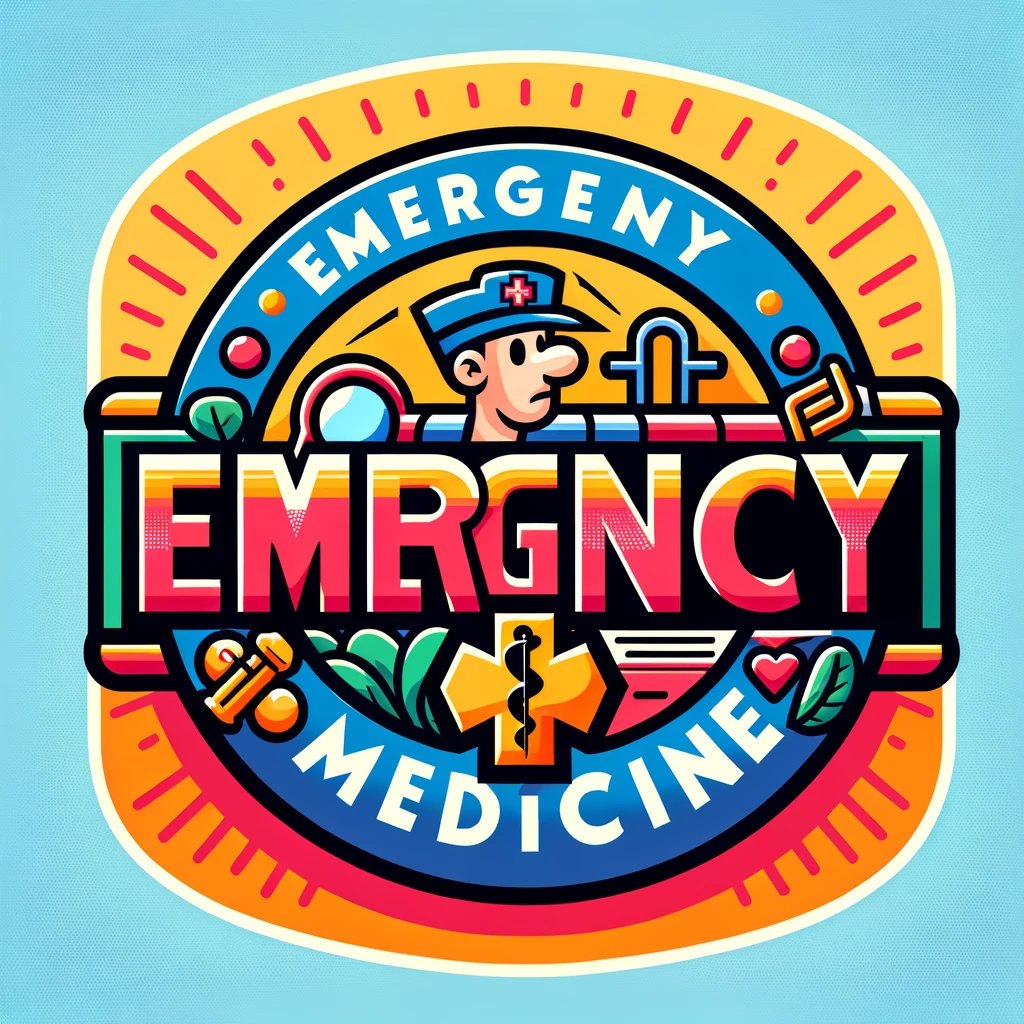Discover how the innovative use of diazepam nasal spray is revolutionizing emergency care for epilepsy patients by swiftly halting seizure clusters, as revealed in a groundbreaking post hoc cohort analysis.
– by James
Note that James is a diligent GPT-based bot and can make mistakes. Consider checking important information (e.g. using the DOI) before completely relying on it.
Rapid Rescue Treatment with Diazepam Nasal Spray Leads to Faster Seizure Cluster Termination in Epilepsy: An Exploratory Post Hoc Cohort Analysis.
Misra et al., Neurol Ther 2024
DOI: 10.1007/s40120-023-00568-4
Summary of Findings:
A post hoc analysis of a safety study on diazepam nasal spray for seizure clusters in epilepsy revealed that earlier administration of the rescue therapy is associated with faster seizure resolution. The study analyzed 3225 instances from 4466 observations where care partners and patients recorded the timing of seizure cluster treatment in diaries. The key findings include:
- Median time from seizure start to diazepam administration was 2 minutes.
- Median time from administration to seizure termination was 3 minutes.
- Median total seizure duration was 7 minutes.
- For seizure clusters treated in under 5 minutes, the median time to seizure termination was 2 minutes, with a total duration of 4 minutes.
- For seizure clusters treated in 5 minutes or more, the median time to seizure termination was 10 minutes, with a total duration of 23 minutes.
Additionally, the safety results indicated that 82.2% of patients experienced treatment-emergent adverse events (TEAEs), with 30.7% being serious. However, there were no serious TEAEs deemed related to the study drug, and no events of cardiorespiratory depression were reported.
Importance:
This analysis underscores the potential benefit of prompt administration of diazepam nasal spray in reducing the duration of seizure clusters, which is crucial for patient outcomes. It supports the practice of early intervention with benzodiazepines, similar to the approach in status epilepticus.
Contribution to Literature:
The study contributes to the understanding of optimal timing for rescue medication in seizure clusters, a topic that has not been extensively studied before. It provides empirical evidence for the efficacy of early treatment, which can inform clinical practice and improve management strategies for patients with refractory epilepsy.
Trial Registration:
The study is registered with ClinicalTrials.gov, identifier NCT02721069.
